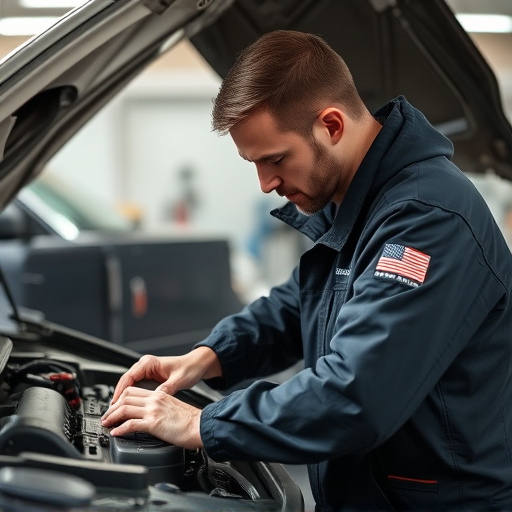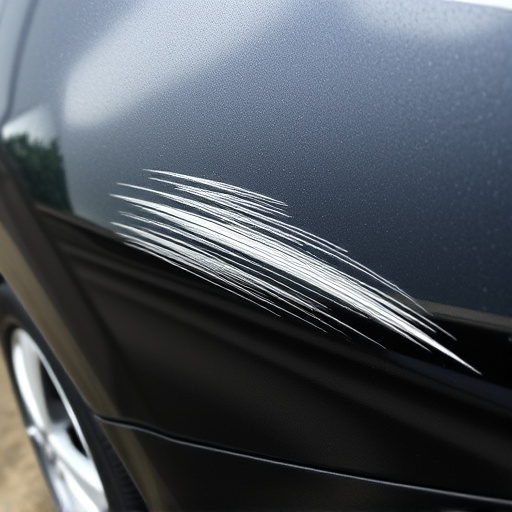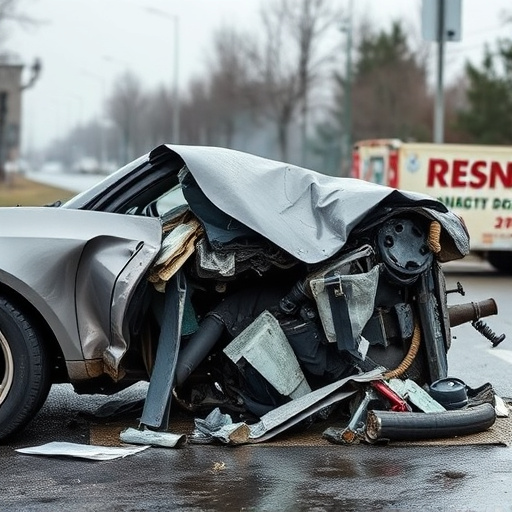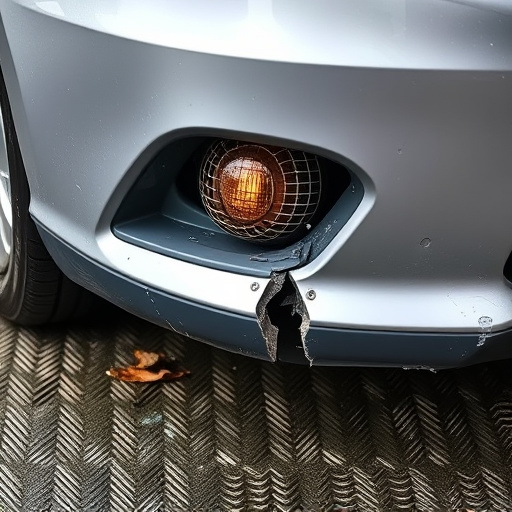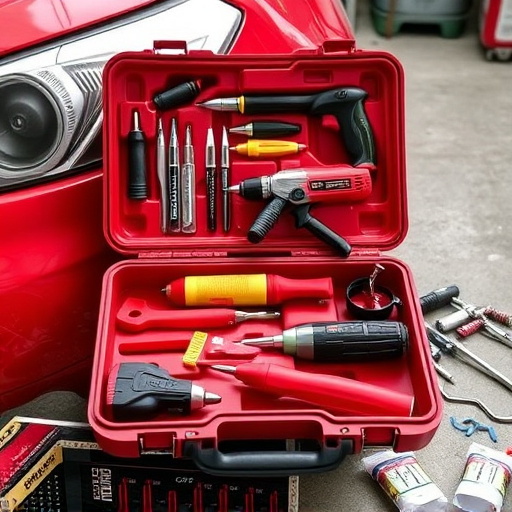Environmentally safe repair practices are gaining traction in the automotive sector, driven by Corporate Social Responsibility (CSR). Auto body shops adopt eco-friendly materials, efficient waste management, and energy-saving techniques to minimize their environmental impact. These methods reduce carbon footprints, conserve resources, and align with consumers' demand for sustainable services, contributing to global climate change mitigation efforts.
In today’s eco-conscious world, environmentally safe repair practices are not just a trend but a necessary step towards sustainable business operations. This article explores how adopting green repair methods aligns with Corporate Social Responsibility (CSR), offering significant benefits for businesses and the planet. We delve into understanding these practices, their role in CSR, and the positive impact on both corporate bottom lines and the environment.
- Understanding Environmentally Safe Repair Practices
- The Role of Corporate Social Responsibility (CSR) in Repair
- Benefits and Impact on Businesses and the Environment
Understanding Environmentally Safe Repair Practices

In the realm of automotive care, environmentally safe repair practices are a game-changer, aligning seamlessly with corporate social responsibility (CSR). This approach to mercedes benz collision repair and car restoration goes beyond traditional body shop services by prioritizing sustainability. It involves using eco-friendly materials, implementing efficient waste management systems, and adopting energy-saving techniques throughout the repair process.
By embracing these practices, body shops can significantly reduce their environmental impact. For instance, utilizing recycled or biodegradable materials for parts replacement diminishes pollution levels. Additionally, investing in advanced technologies that streamline repairs lessens energy consumption and greenhouse gas emissions. Such efforts not only contribute to a greener planet but also foster a positive image among consumers who increasingly appreciate businesses with strong CSR commitments.
The Role of Corporate Social Responsibility (CSR) in Repair
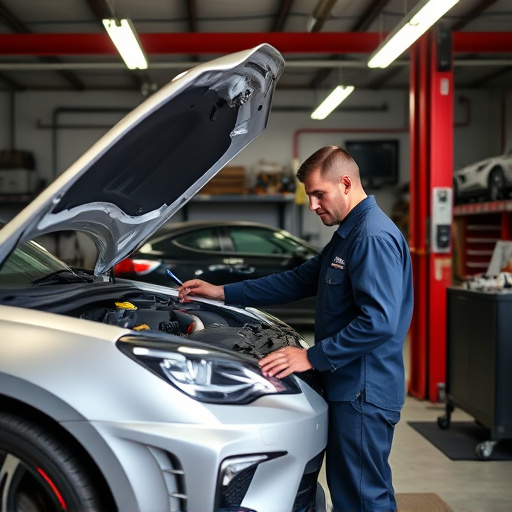
Corporate Social Responsibility (CSR) plays a pivotal role in driving environmentally safe repair practices within the automotive industry. As businesses increasingly recognize their impact on the planet, CSR initiatives are transforming how companies conduct their operations, including vehicle body repair and fender bender services. By integrating sustainability into their core strategies, auto repair shops can minimize environmental harm while contributing to a greener future.
CSR encourages responsible waste management, efficient use of resources, and innovative solutions in vehicle repair services. For instance, many repair facilities are adopting eco-friendly practices by utilizing recycled materials, implementing water recycling systems, and promoting the reuse of parts. These measures significantly reduce the carbon footprint associated with traditional fender bender repairs, aligning with the growing demand for environmentally conscious consumer choices.
Benefits and Impact on Businesses and the Environment

Adopting environmentally safe repair practices is not just a trend; it’s a significant step towards sustainable business operations and corporate social responsibility. This approach offers numerous benefits, both for businesses and the environment they exist within. By prioritizing eco-friendly car paint repair and auto maintenance techniques, companies can reduce their carbon footprint substantially. For instance, using water-based paints and low-VOC (Volatile Organic Compound) solutions significantly cuts down on air pollution, ensuring a cleaner atmosphere in areas around workshops and garages.
Furthermore, environmentally safe repair methods contribute to the conservation of natural resources. Sustainable car repair services often employ techniques that minimize waste generation, such as recycling old car parts or using bio-based materials whenever possible. This not only reduces the strain on landfills but also fosters a circular economy where resources are reused and repurposed. As businesses embrace these practices, they enhance their public image, attract environmentally conscious customers, and contribute to global efforts in combating climate change, making it a win-win situation for all stakeholders involved.
Environmentally safe repair practices are not just a trend but a necessary evolution for businesses aiming to embrace corporate social responsibility. By adopting these methods, companies can significantly reduce their ecological footprint while contributing to a more sustainable future. This approach aligns with CSR goals, demonstrating that profit and environmental stewardship can go hand in hand. Businesses that prioritize environmentally safe repair are better positioned to attract eco-conscious consumers, enhance brand reputation, and foster a culture of sustainability within their organizations.



